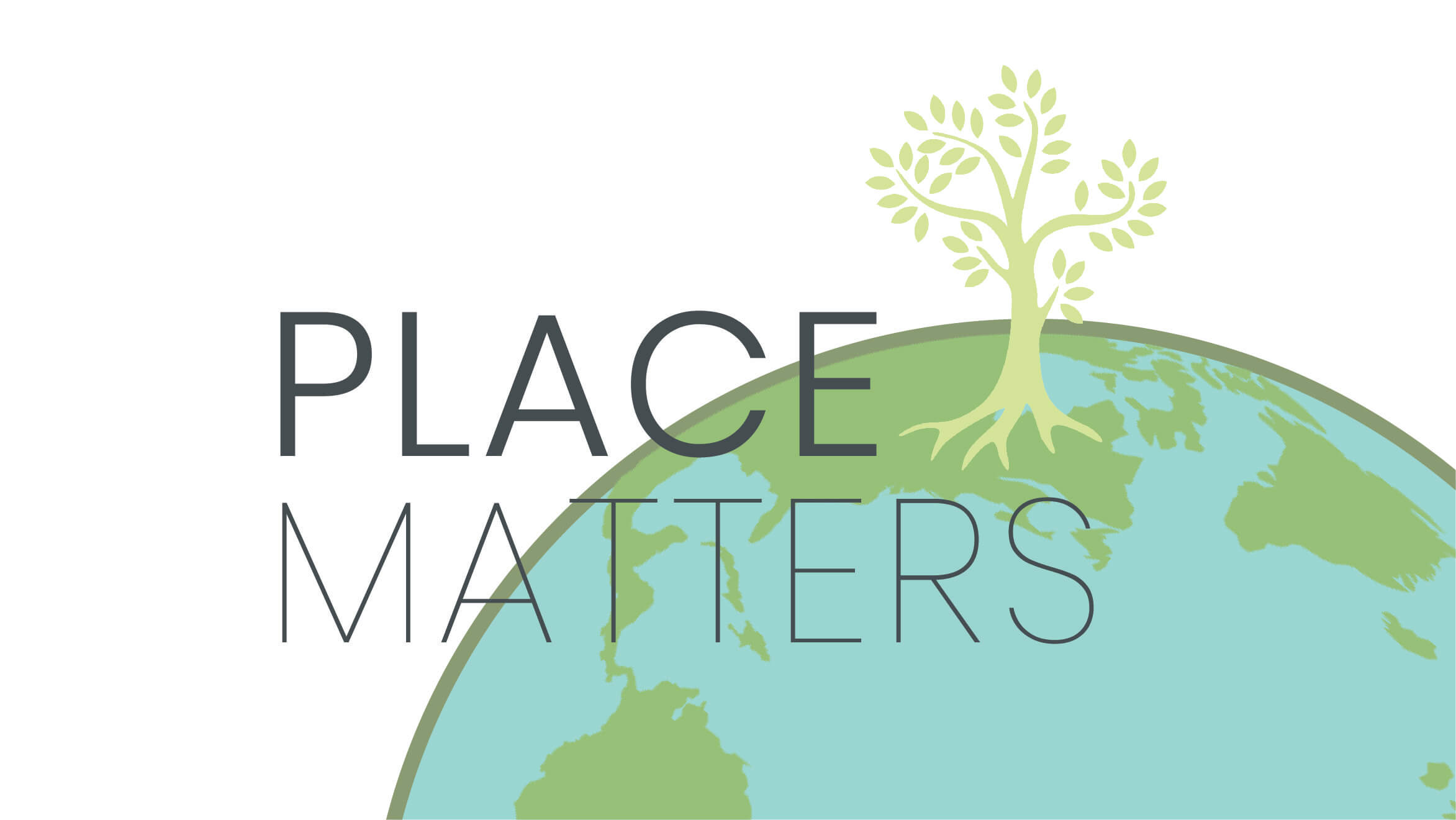PLACE MATTERS
The places in which we live, learn, and grow shape our experiences and opportunities, impacting our trajectory in life and the way we view the world. We believe that everyone should have a place where they feel like they belong and are connected to community.

Join Us In Building A Community of Care
We envision a future where all youth and young adults experience supportive, caring communities and can engage in opportunities to thrive as they transition to adulthood.
Do you want to dream and build alternatives to our current systems informed by research and local voice? Join us. Reach out today to learn more.
What We Do
The Place Matters project supports the design, implementation, and evaluation of a community-based continuum of care through systems innovation, data resources, storytelling, and community learning and engagement. We use data and stories to inform systems change and develop community-based solutions that are responsive to local needs and supplement existing assets. We empower and create supportive, inclusive communities that foster bridging, learning, and understanding. Our strategic focus is transition-aged young people, children of incarcerated parents, families, and individuals who have been impacted by the criminal legal and behavioral health systems in Maine.
System Innovation
We partner with state agencies and local organizations to develop innovative solutions and strategies aimed at supporting targeted reinvestments into a community-based continuum of care informed by indicators of economic and social well-being.
Data Resources
We conduct research, data analysis, and evaluation to ensure that policymakers, community members, and systems leaders are informed by and accountable to the best available data across systems and communities, including the underlying factors and forces of place that shape outcomes.
STORYTELLING
We harness the combined power of quantitative data, storytelling, and participatory practices to inform policies and practices aimed at changing mental models and systems change.
Places of Belonging
We work with our cross-disciplinary partners to inform policies and develop strategies aimed at dismantling systems of oppression and creating places where we all feel welcome, safe, and like we belong.
COMMUNITY ENGAGEMENT
We engage, empower, and activate community members and individuals with lived experiences in local problem solving, research, policy, and innovation so that those who are directly impacted by decisions can be involved in decision-making.
Communities of Learning
We partner with local and statewide organizations to design, implement, and facilitate inclusive communities of learning, bridging, and peer support that help to foster mutual understanding and connections.
Learn more about our work
Our Funders & Partners
The Place Matters project has been supported by a collective of funders including the Annie E. Casey Foundation, the Maine Juvenile Justice Advisory Group, the Bingham Program, the Maine Department of Corrections, the Maine Office of Behavioral Health, the Permanent Commission on the Status of Racial, Indigenous & Tribal Populations, the Administrative Office of the Courts, the Rocking Moon Foundation, the Maine Economic Improvement Fund, the Aspen Institute, and the John T. Gorman Foundation. We have also collaborated on federal grants from the Office of Juvenile Justice and Delinquency Prevention programs, the Bureau of Justice Assistance, and more. Thank you to all of our past and present sponsors for supporting our work.
We work with many statewide and local community partners to collaborate on research, evaluation, and strategic initiatives. We are always open to new and expanding partnerships. Reach out if you are interested in partnering with us or make a donation to support our work!
Contact Us!
Want to learn more about our work and how to get involved?
Email us at placematters@maine.edu
Land Acknowledgement
Place Matters operates on the unceded territories of the tribes who comprise the Wabanaki Confederacy—Passamaquoddy, Penobscot, Maliseet, and Micmac people. The staff members of Place Matters recognize and honor those who have been stewards of this land now called Maine throughout the generations. We acknowledge that the land we live and work on today is the original homeland of indigenous peoples who have experienced genocide and forced removal. We respect the traditional values of these tribes and affirm their inherent sovereignty in this territory. We support their efforts for cultural healing and restoration. Please consider learning more and supporting the work of our Wabanaki friends through Wabanaki REACH.